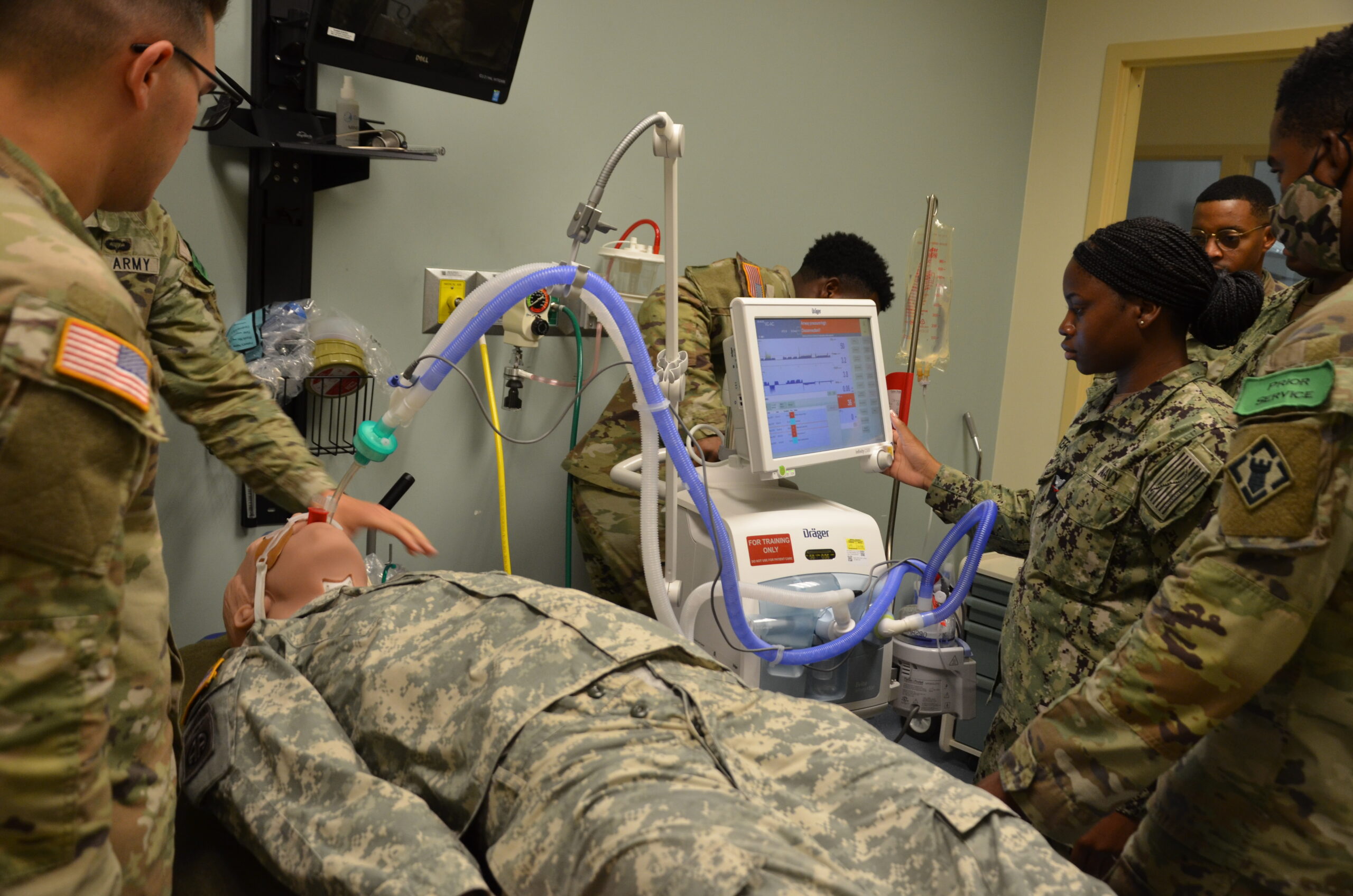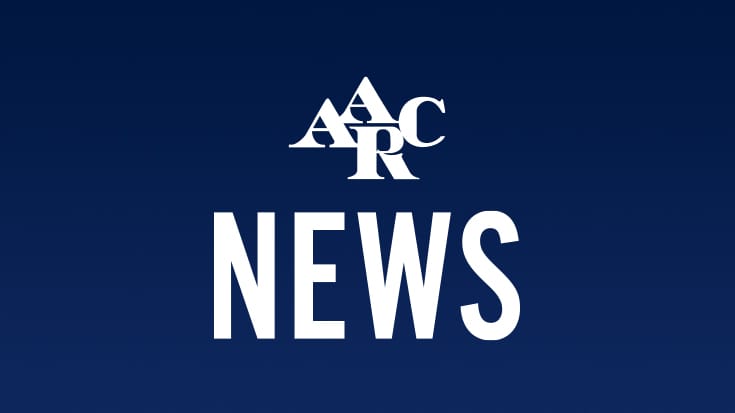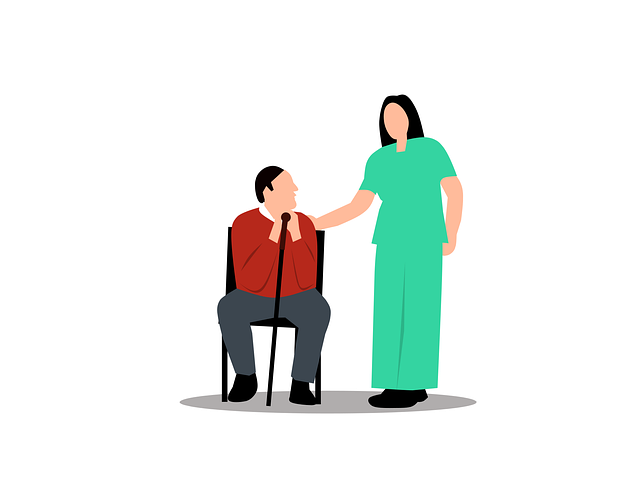
What is viewed as a major win for patients and respiratory therapists, the Centers for Medicare and Medicaid Services (CMS) announced it would remove the addition of noninvasive ventilators (NIV) from the upcoming round of the Durable Medical Equipment, Prosthetics, Orthotics, and Suppliers (DMEPOS) Competitive Bidding Program scheduled to take effect January 1, 2021. According to CMS, the decision was based on “the novel COVID-19 pandemic, the President’s exercise of the Defense Production Act, public concern regarding access to ventilators, and the NIV product category being new to competitive bidding.”
Medicare covers noninvasive ventilators for neuromuscular disease, thoracic restrictive disease, and respiratory failure due to Chronic Obstructive Pulmonary Disease (COPD). While there is some overlap in coverage, Continuous Positive Airway Pressure (CPAP) devices and Bi-Level devices have been covered under competitive bidding since its inception and are considered “respiratory assist devices” by CMS even though the Food and Drug Administration classifies them as ventilators. They are paid under the statute’s capped rental category. Because noninvasive ventilators are paid under the statute’s “frequent and substantial servicing” category in order to avoid risk to a patient’s health, adding these complex devices to competitive bidding would set a harmful precedent and put fragile and vulnerable patients at risk.
Noninvasive ventilators require substantial clinical expertise since the patient’s condition can deteriorate over time. The accepted standard of care includes the expertise of a respiratory therapist to make regular home visits to ensure that the ventilator settings and interfaces are appropriate for the patient, particularly as the patient’s needs change. Their services are covered through the monthly payment to home medical equipment suppliers that also includes the cost of the equipment, servicing and maintenance and accessories.
Working in collaboration with the ALS Association, the National Association for Medical Direction of Respiratory Care (NAMDRC), CHEST/American College of Chest Physicians and a host of other stakeholders, AARC lobbied strongly over the past year by highlighting the devastating effect CMS’ decision would have on patient care and access to needed clinical support. These efforts resulted in the introduction of the SMART Act (Safeguarding Medicare Access to Respiratory Therapy) which was part of AARC’s advocacy campaign earlier this year. With ventilator access a considerable challenge as a result of COVID-19, AARC led a sign-on letter from 17 organizations asking Congress to remove noninvasive vents in the next stimulus package just prior to CMS’ announcement.
“We commend CMS for making the right decision given the uncertainty of what the future holds during these challenging times,” said Anne Marie Hummel, AARC’s Associate Executive Director for Advocacy and Government Affairs. “If CMS had gone forward with its policy, it could have resulted in lower reimbursement rates and a reduction in access to both ventilators and the clinical support of respiratory therapists, resulting in a devastating impact on patient care and quality of life and an increase in acute care interventions,” Hummel added.
While the announcement provides stakeholders with a three-year reprieve, the battle is not over. AARC and other stakeholders will continue to work with CMS to update coverage policies to reflect state-of-the-art peer-reviewed science and advancements in technologies to improve patient access. But for now, we’ll take the win for the respiratory care profession and its patients on home mechanical ventilation
Email newsroom@aarc.org with questions or comments, we’d love to hear from you.















